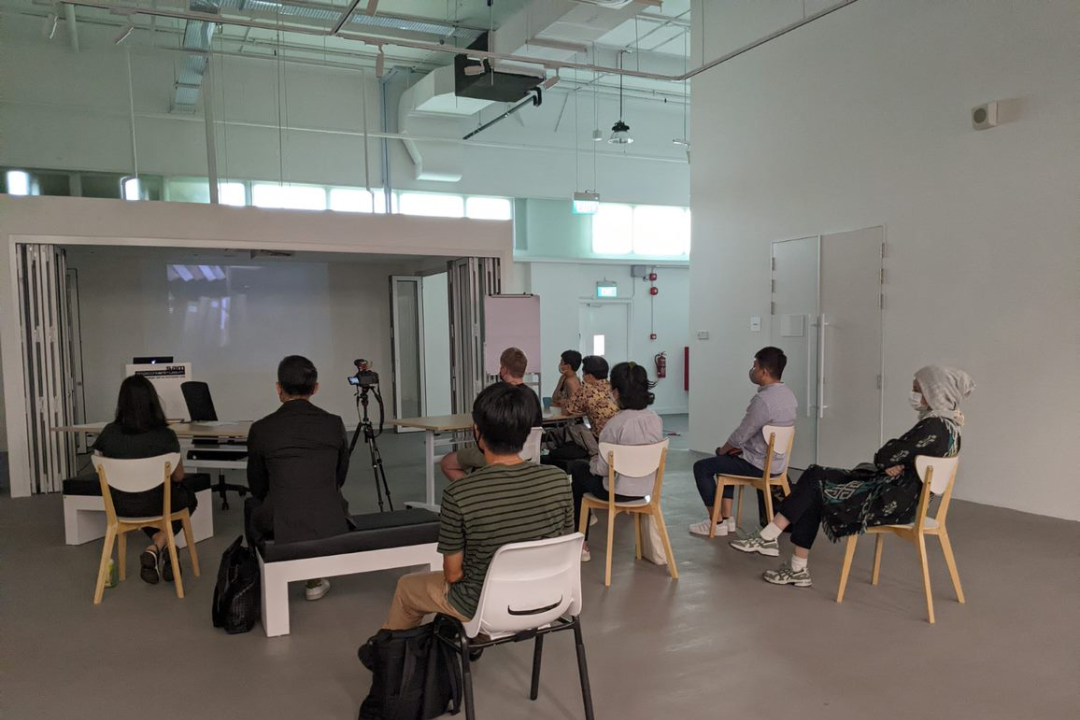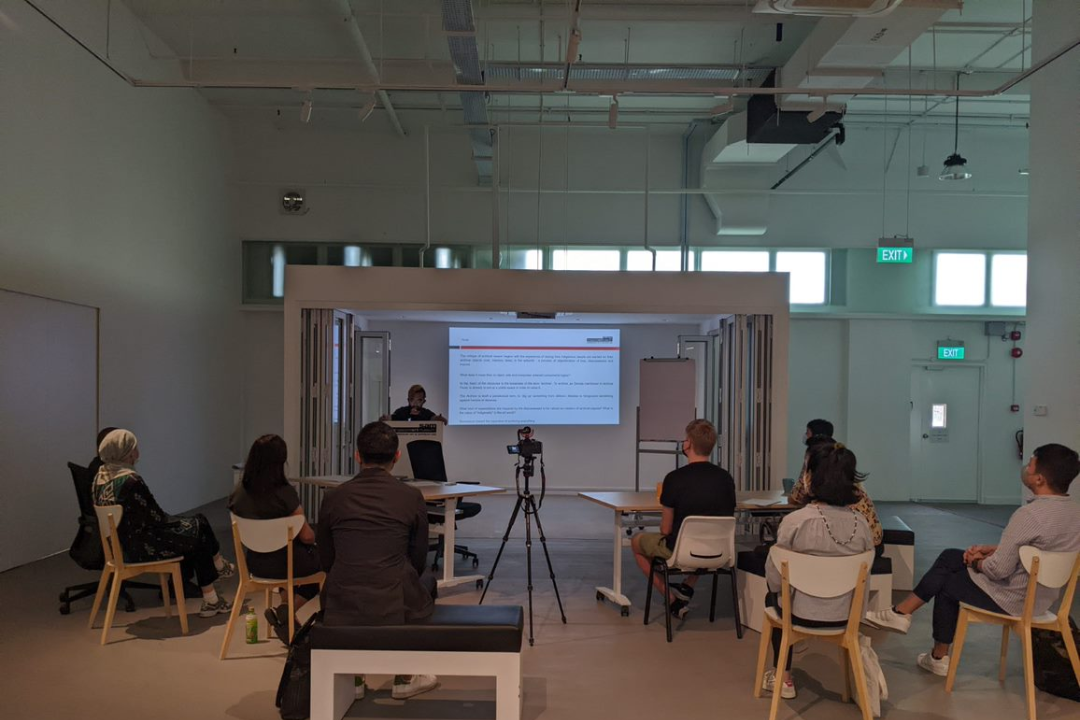Archive Everything? A Critique of Archival Reason
The critique of archival reason begins with the experience of observing how indigenous peoples are wanted for their archival objects (oral, memory, texts) in the contemporary artworld – a process that leads to objectification of loss, dispossession and trauma. What does it mean then to reject and overpower artworld logics that value the archives as a form of cultural currency? At the heart of the discourse is the opaqueness and looseness of the term “archive”. As the philosopher Jacques Derrida observes in Archive Fever, archiving is to set up a public space around archival objects whereby it ‘digs up’ something from oblivion but also foregrounds something against the horizon of absence. And so, what sorts of techniques can the dispossessed generate as creators of archival objects?
In this monologue, Farhan Idris will investigate three concepts and case studies as strategies to overcome the assimilationist logics of the archive. First, he will explore of the term gaodim [Cantonese: 攪掂 gaau2 dim6]. Gaodim invokes of responsibility in dispossessed communities to “do the work”, “take care of one’s self-preservation”, and perform it countless times for the satisfaction of the artworld. Gaodim involves a logic of end products whereby objects are cultural palimpsests projected from the future by the past. Second, the term opacite [French: opacity], theorised by the philosopher Edouard Glissant, provides a strategy to resist the urge to “archive everything”. In opacite the use of language should not be transparent, but opaque in resisting dominant logics that try to capture the experience of the abyss or unknowable. In this regard, Farhan Idris invokes the concept of “objectless objects” to explore the strategy of controlling one’s “erotic archives” as a performance of unknowing by studying the erotic content service OnlyFans. The last concept is the taqiyya [Arabic: تقیة] or precautionary dissimulation which emerges in Ismaili Shia theology. In Ismaili thought, there is no object of transmission per se, no physical archive but spiritual transmission in the act of conserving oneself/one’s identity in the face of persecution.


